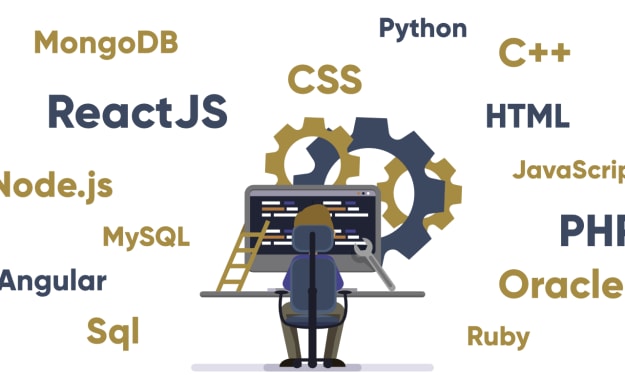The Transformative Impact of Social Media on Education.
Social Media Effect On EDUCATION.

The advent of social media has brought about a revolutionary change in the way we communicate, access information, and engage with the world around us. While its influence is palpable across various sectors, one of the most significant areas it has reshaped is education. This article delves into the multifaceted effects of social media on education, highlighting both the positive and negative aspects of its integration into the learning process.
* Enhanced Communication and Collaboration.
Social media platforms provide students and educators with unprecedented opportunities to connect and collaborate beyond the confines of the traditional classroom. Discussion forums, group chats, and online communities allow students to share ideas, ask questions, and engage in meaningful discussions. This digital interaction fosters a sense of community, breaking down geographical barriers and enabling diverse perspectives to enrich the learning experience.
*Access to Information and Resources
The wealth of educational content available on social media platforms is staggering. Students can access a multitude of resources including articles, videos, podcasts, and webinars, often for free. This democratization of information has the potential to level the educational playing field, granting students from various backgrounds access to resources that were previously out of reach.
*Personalized Learning Opportunities
Social media algorithms analyze user behavior and interests to curate content tailored to individual preferences. This feature can be harnessed in education to provide students with personalized learning experiences. Adaptive learning platforms can offer content and challenges suited to a student's learning style and pace, thereby enhancing comprehension and retention.
*Global Learning and Cultural Exchange
Through social media, students can virtually connect with peers and educators from around the world, exposing them to diverse cultures and perspectives. This global interaction promotes cross-cultural understanding and fosters a more inclusive worldview, an essential skill in an increasingly interconnected world.
*Promotion of Self-Directed Learning
The self-paced nature of social media engagement encourages students to take charge of their learning journey. They can explore topics of interest independently, supplementing formal education with their own research and exploration. This cultivates critical thinking, autonomy, and a thirst for lifelong learning.
*Social Media's Role in Educational Institutions
Furthermore, social media has opened up opportunities for innovative teaching methods. Educators can use platforms like YouTube, Instagram, and TikTok to create short, engaging educational videos that simplify complex concepts and cater to the visual learning preferences of students. This blurs the line between formal and informal learning, making education more accessible and enjoyable.
However, the institutional use of social media comes with its challenges. Institutions must strike a balance between promoting their brand and maintaining a sincere online presence. The public nature of social media means that any misstep can quickly escalate into a public relations crisis. Hence, educational institutions must train their staff on responsible social media use and develop comprehensive social media policies.
Negative Aspects:
*Digital Distraction and Multitasking
The same attributes that make social media engaging can also be detrimental to focused learning. The constant stream of notifications and the allure of unrelated content can lead to decreased attention spans and reduced study efficiency. Moreover, the habit of multitasking—engaging with social media while studying—can hinder deep comprehension and retention.
*Misinformation and Limited Credibility
The open nature of social media means that not all content shared is accurate or reliable. Misinformation spreads rapidly, potentially leading to misconceptions among students. It's crucial for educators to teach digital literacy skills, helping students discern credible sources from unreliable ones.
*Privacy and Online Etiquette
Engaging on social media requires a certain level of digital responsibility. Students must be educated about online privacy, the permanence of their digital footprint, and appropriate online behavior. Failure to do so can have negative repercussions on their personal and academic lives.
Summary:
The integration of social media into education is a double-edged sword. While its benefits are undeniable—facilitating communication, expanding access to information, and fostering global connections—it also comes with challenges that need to be addressed. Educators, students, and policymakers must work collaboratively to harness the positive potential of social media while mitigating its negative impacts. By doing so, we can create a holistic educational experience that prepares students for success in the digital age.





Comments
There are no comments for this story
Be the first to respond and start the conversation.